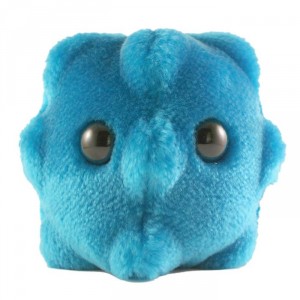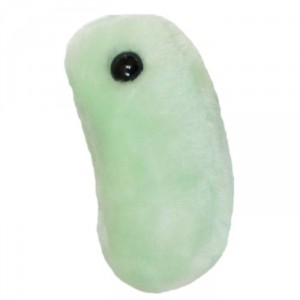It’s only the second week of classes and the Reed Plague is already sweeping campus. Students, faculty, and staff alike have been out of class and at the health center, citing the Plague as the cause of their maladies. Which begs the question, what do we mean by “the Reed Plague” and how do we avoid getting it (not to mention spreading it!)?
The Reed Plague is not, as the use of the definite article may suggest, an illness specific to the college itself. The term is used more broadly to refer to the general spread of cold and flu viruses through the Reed community. Viral infections thrive in tight knit communities with high degrees of close proximity, personal contact, and a penchant for sharing body fluids because all of these conditions facilitate the transmission of the virus. Thankfully, the Reed Plague tends to relatively innocuous, if inconvenient.
If you’ve already come down with the Reed Plague, or find yourself coming down with it in the future, I would urge you to visit the health center, as they often have cold and flu kits on hand to treat your symptoms. (Additionally, I would encourage you to leave the library at a reasonable hour so your body can get the rest it needs.) If you’ve not yet been infected by the Reed Plague and wish to remain relatively healthy (or don’t want to infect your fellow Reedies!), here are some tips you’ve probably seen before on how to avoid cold and flu virus transmission:
- Wash your hands! Studies show this is the most effective way of reducing the transmission of the cold virus in elementary school children, and by transitive property I think we may assume the same here at Reed. Both antibacterial disinfectants and normal soap and water are considered to be equally effective.
- In general, taking care of your body will reduce your likelihood of contracting a virus. Take your multivitamins, stay hydrated, and get some sleep! Aim for all three, but two or even one out of three will keep your immune system in better shape than it would be otherwise.
- Cover your mouth when you cough or sneeze, but don’t cover it with your hands! You don’t want to spray microbes across your fellow Reedies, but you also don’t want to let infectious microbes live on your hands as you go about your day. Common cold microbes can live on the surface of your skin for up to eighteen hours, which can cover everything from your morning trip to a trip to the sports center to the Paradox to your evening meal at Commons to your favorite table at the library. Once deposited on a communal surface, these microbes can be picked up by fellow Reedies.
- If you’re sick, be conscientious of what you share! The most obvious example of this would be, of course, the Scrounge, which specifically asks sick Reedies not to scrounge their leftovers. But this notion extends to your water bottle, your toothbrush, chapstick, and anything else that may have come in contact with your bodily fluids. The flu virus in particular excels at persisting outside the body on non-porous surfaces.
(Additionally, given my luck, I’m sure now that I’ve written this article I will come down with the Reed Plague within the week. Look for my blog post on that next Friday!)


